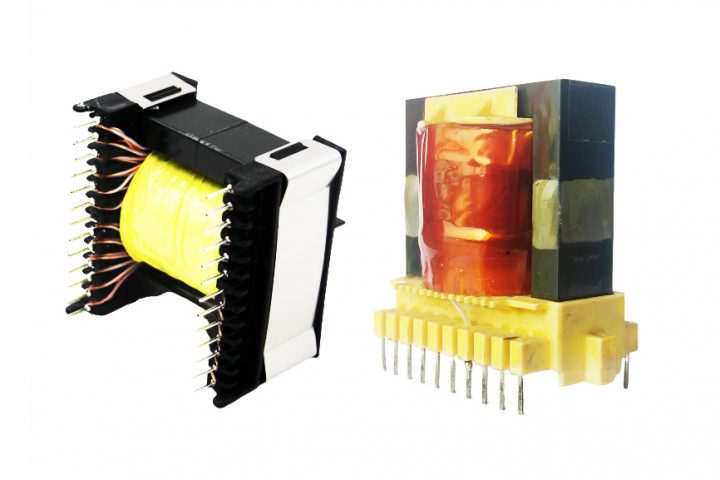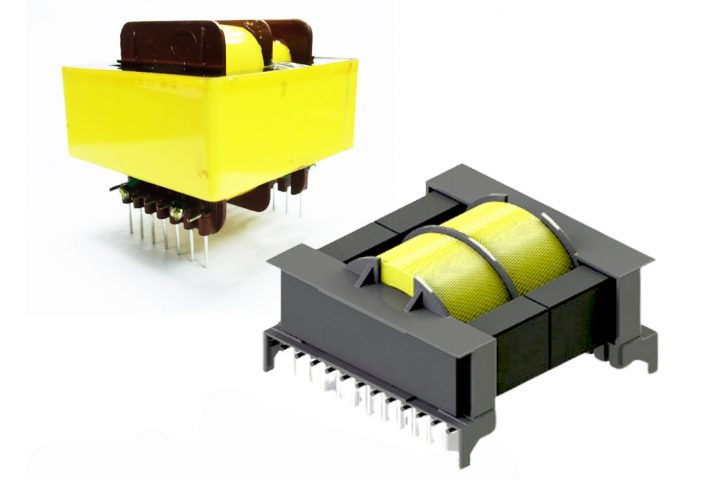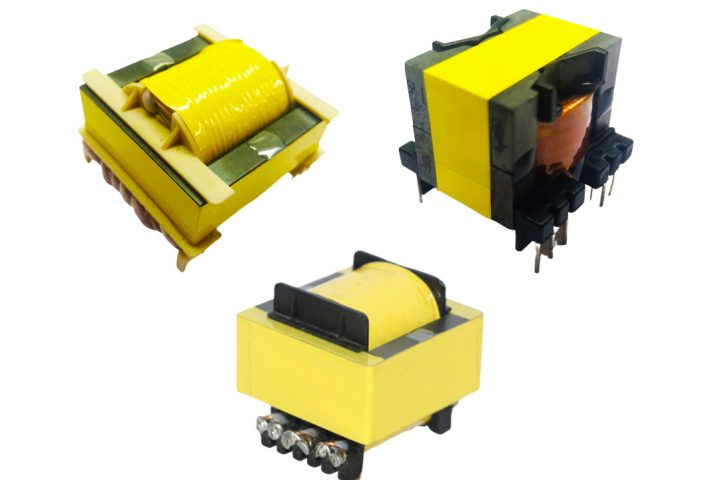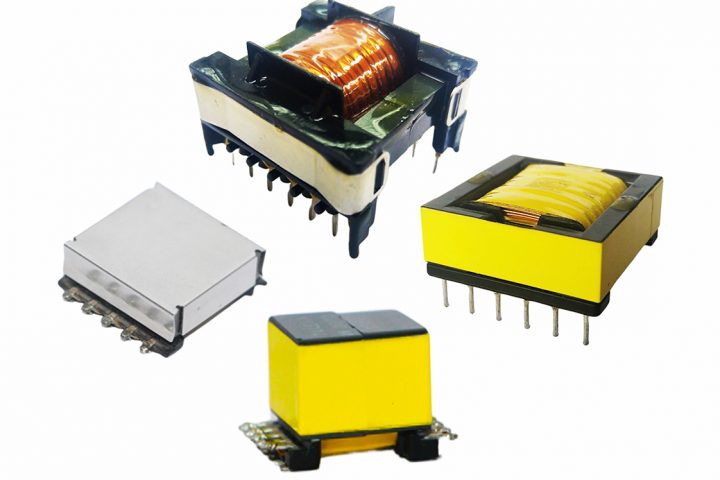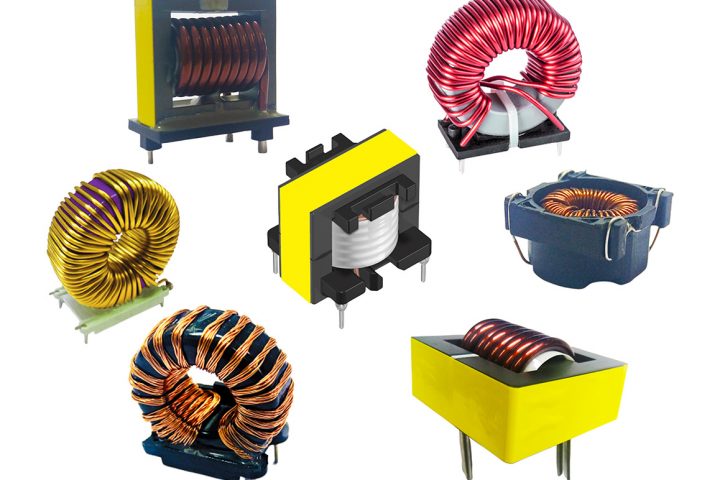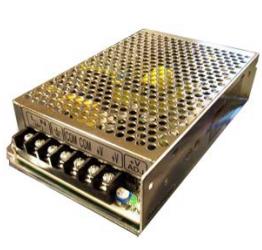Phase-shifted full-bridge (PSFB) converters reduce switching loss and increase efficiency by phase-shifting the gate signals between the leading leg and the lagging leg switches without additional circuitsSeguir leyendo
Etiqueta: converters
SMPS: Resonant Converters
Demand for smaller electronics (and thus smaller power supplies) continues to increase. Resonant techniques are used to allow for high-frequency operation in switched-mode power supplies, which in turn allows for smaller componentsSeguir leyendo
SMPS: Symmetrical Isolated Converters
The fourth article in our series on switched-mode power supplies (SMPS) covers the main types of symmetrical isolated converter topologies: push-pull, half-bridge, y full-bridgeSeguir leyendo
SMPS: Asymmetrical Isolated Converters
Isolated SMPS topologies are split into two main categories depending upon how the transformer is utilized: asymmetrical and symmetrical. In this article, we discuss asymmetrical isolated converter topologies.Seguir leyendo
SMPS : Non-Isolated Converters
Non-isolated converters are less common than isolated converters among typical switched-mode power supply (SMPS) topologies. But they still have several useful applications.Seguir leyendo
Intro to Switched-Mode Power Supplies (SMPS)
Switched-mode power supplies (SMPS) are fairly complex compared to linear regulated power supplies. But this complexity results in a stable, regulated DC supply that can deliver power more efficiently for a given size, weight and cost.Seguir leyendo

